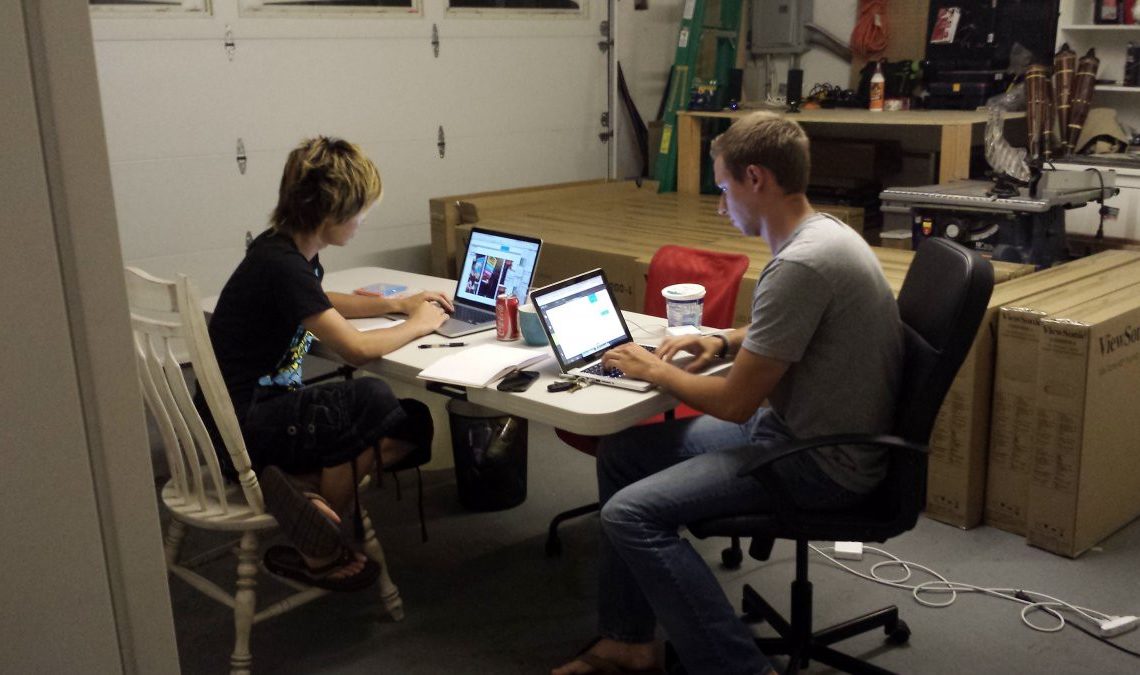
Running a business from home is an attractive choice of employment, especially when it spares you the trouble of finding premises for your business, whilst allowing you to balance your work and personal life better. However, there are several legal complications, described under employment law in UK that you will need to take care of, depending on the type of business you are running. For example, you will require permission from your landlord (in case you live in a rented space), mortgage provider (if you have a mortgage on your home), or any other authority.
With regards to tenancy agreements and mortgage contracts, a large proportion of residents are prevented from using their homes as office space. For example, social housing tenants are specifically barred from setting up a business at home.
Furthermore, entrepreneurs who are already working from home will need to check with their mortgage lender, landlord or freeholder. However, only a few do this, while the rest ignore it, to avoid the extra costs involved and bureaucracy.
This article will highlight the various laws and stipulations that govern the policies of running a business from home in the UK.
Getting planning permission
If your business is unlikely to be noticeable or cause any disruption to your neighbours, the requirement of planning permission becomes highly unlikely. However, planning permission becomes a necessity if your business causes, or requires, any of the following:
- A significant increase in people coming to your home;
- structural changes to the home;
- a display sign outside to draw attention to your business;
- storage of business-related things on the outside of the property;
- any other activities, otherwise unexpected in a residential area;
Therefore, you must talk to the planning office or local council, and discuss whether your business would require planning permission.
Laws pertaining to tax
By using your entire home space or just a part of it, for business purposes, you will incur business rates on that section of the property. Additionally, you will also have to pay Capital Gains Tax on that portion of your home, in case you decide to sell the property. For example, if you use 20 percent of your property for business purposes, you will have to pay tax on 20 percent of the amount you received from selling the property. This is due to the fact that homeowners receive Private Residence Relief from Capital Gains Tax, in case they sell their home (the property has to be their only or main residence).
However, you need to consider that these taxes are only applicable to an area of the home which is exclusively used for business. Therefore, if you are managing a business on your laptop from your bedroom or you are using your living area as an office, you don’t have to pay these taxes on these specific rooms.
Self-assessment tax return
There could be a scenario wherein you are part of a business partnership or working as a sole trader. In such cases, you may use the ‘simplified expenses’ clause to pay a flat tax rate for some of your business-related expenses. This is instead of calculating the exact amount from your home bills that was spent on the business.
There is one condition though – you should be working for 25 hours or more from your home. Furthermore, you can reclaim a portion of your household expenditures such as council tax, internet, and heating bills, depending upon the number of hours spent on working from home each month.
Insurance
In general, your home insurance will not cover the aspects pertaining to your business, especially if you have customers entering the premises or you are storing a significant amount of stock. If your customers or other public members are able to enter your home, you will require public liability insurance.
Additionally, if you have hired employees and asked them to work on the premises, you will need employer’s liability insurance. You must also obtain business contents cover if you are storing any stock or equipment that is essential for the home-run business.
Laws pertaining to health and safety
Every business owner who is running a business from home is liable under the Health and Safety at Work Act 1974. Employment law in UK doesn’t require a formal, written risk assessment for a business that has five or fewer employees.
However, if an individual uses their home as the ‘workplace’ for a business, a health and safety risk assessment becomes a legal requirement. This is done to help identify any possible risks to oneself, visitors, workers, and other members of the household.
Furthermore, the obligatory risk assessment must account for risks from a number of sources including work equipment, excessive noise, fire, any hazards, stress, and loneliness. Subsequently, after the evaluation, if such risks are found to be significant, the law mandates the business owner to take necessary precautions to mitigate the risks.














